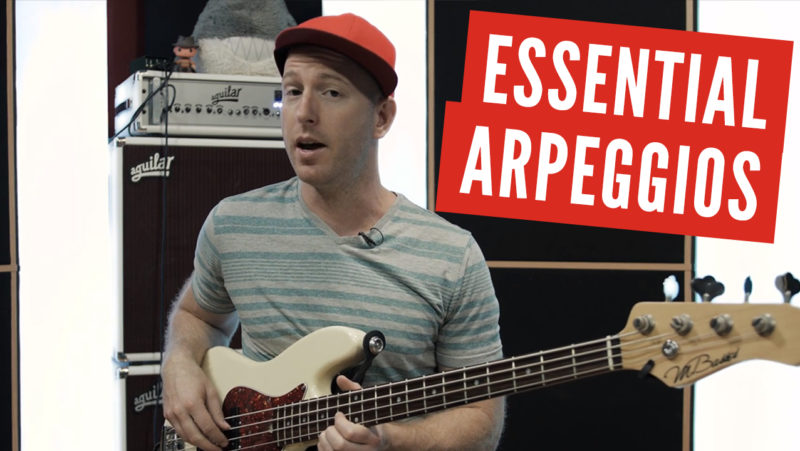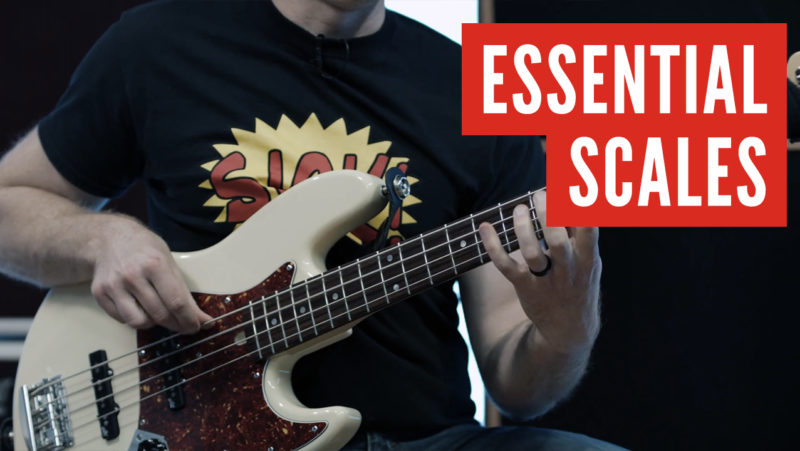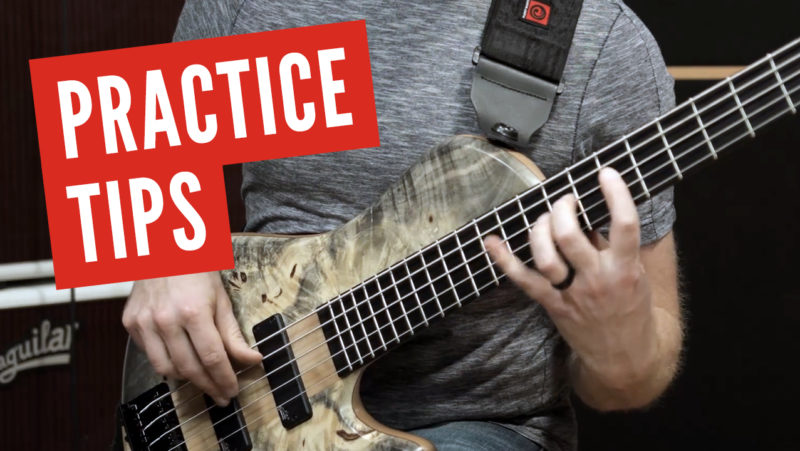The following is an excerpt from my book, Advice for the Modern Worship Musician.
This one almost seems self-explanatory, but I cannot stress enough how important it is. I can tell right away when a band is not listening to one another; it’s very obvious. The background singers are stepping all over the lead vocalist, the guitars are too loud, the bass isn’t locking with the kick drum, the keyboard player is playing too heavy on the left hand and making the bass guitar indistinguishable… Ever experienced any of these problems yourself? Certainly it wasn’t your fault, was it? Well you could be right and it is someone else’s fault, but you would only really know that for sure if you were listening, right?
Being a teacher, recording engineer, and a producer I am required to listen all the time. If I let my ears turn off for just a moment it can mean tremendous headache (and heartache) later on down the road. Whenever I’m playing bass, and even when I’m not playing, I am avidly listening to what’s happening around me. What’s the drummer doing? Where is the keyboard? Am I too loud? Can I hear the lead vocalist?
Oooo, there’s a good one! That’s also a good way of telling someone they’re not listening. “Can you hear the [fill in the blank]?” A friend of mine, my musical mentor (and probably hands-down the greatest musician in the world), told me once of an experience he had with a very high profile jazz artist. After a gig he asked the artist if he liked his playing that night (he also told me that if you ever have to ask someone that question, you probably already know the answer). The jazz legend responded, “Sure it was fine.” Then he paused, “Could you hear me?” The look in his eyes let my mentor know that he wasn’t completely satisfied; he wasn’t listening to the ensemble as much as he should have and it affected how they sounded that night.
So you wanna know if you’re a good listener, ask yourself, “Can I hear the ____?” If the answer is “no,” then you’re not paying enough attention to what’s going on around you. You might be too focused on yourself, you might be too loud, or you might be overplaying. Stop and ask yourself if you can hear everything, and not just what you think you need to hear.
In fact, with today’s cutting edge technology of in-ear monitoring systems and custom-molded IEM’s I find it funny that people still have a hard time listening to each other. Here’s a great thing to try out: the next time you play, turn your stage volume down and have the front of house engineer turn your monitor mix up. Or turn yourself down 50% in your headphone mix and turn everyone else on full blast. Now you’re really listening! Can you still play efficiently while listening to everyone else more than yourself? Not only is it a great workout for your musicianship but believe it or not your band will sound way better! If you’re really hearing what the rest of the band is doing, then and only then will you know exactly what you’re supposed to play. That is the true essence of playing as an ensemble, and plus you’ll be able to point out every single mistake your band mates make. I frequently get dirty looks from that one.






